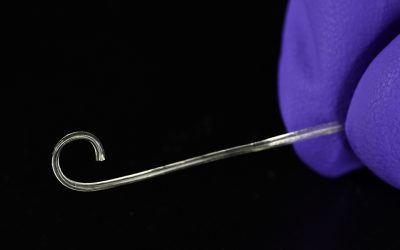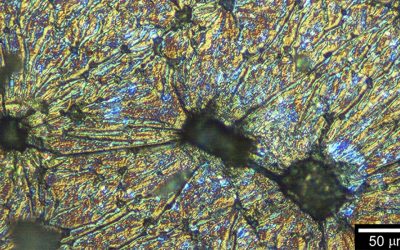 The latest Macromolecular Rapid Communications special issue, Polymer Materials and Engineering Research at Sichuan University highlights recent research developments at the institution, located in Chengdu, China, with contributing authors from the State Key Laboratory of Polymer Materials Engineering, College of Polymer Science and Engineering, Polymer Research Institution, College of Chemistry, College of Chemical Engineering, and the National Engineering Laboratory of Eco-Friendly Polymeric Materials (Sichuan).
The latest Macromolecular Rapid Communications special issue, Polymer Materials and Engineering Research at Sichuan University highlights recent research developments at the institution, located in Chengdu, China, with contributing authors from the State Key Laboratory of Polymer Materials Engineering, College of Polymer Science and Engineering, Polymer Research Institution, College of Chemistry, College of Chemical Engineering, and the National Engineering Laboratory of Eco-Friendly Polymeric Materials (Sichuan).
Polymer research at SCU mainly focuses on polymer physics and materials processing, high-performance polymers, polymer-based nanocomposites, and biomedical polymers.
This special issue, guest-edited by Guangxian Li and Qiang Fu, includes 17 articles that demonstrate the multidisciplinary nature of the institution’s research—novel polymer processing technologies; polymer nanocomposites; multicomponent polymer systems and solution thermodynamics; macromolecular synthetic methodology; and functional polymers for energy, sustainability, the environment, and biomedical applications.
Three of these articles have been made freely accessible until March 31, 2018:
Recent Advances in Processing of Stereocomplex-Type Polylactide

















